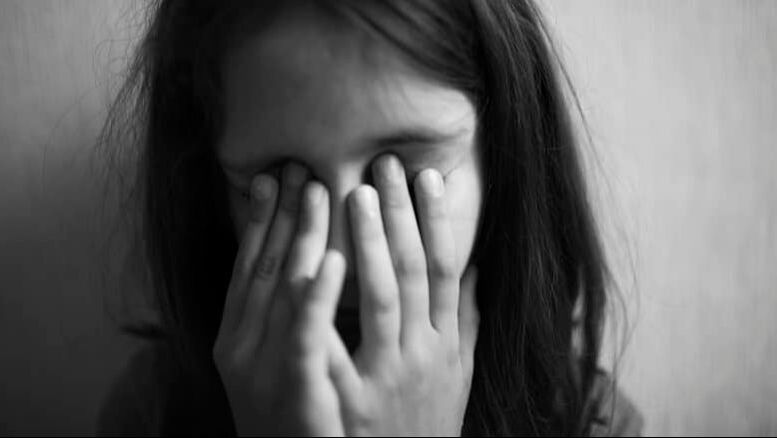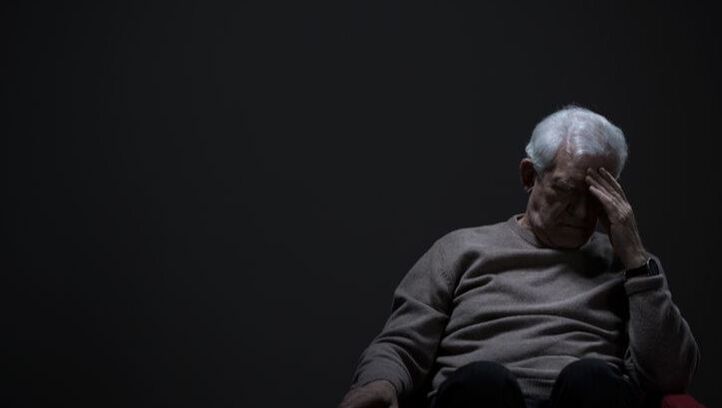Anxiety, Generalised Anxiety Disorder (GAD) & Panic Attacks
|
Anxiety
It's fair to say that anxiety affects us all, to varying degrees and at certain periods throughout our lives. We may know why we feel anxious, it may be short-lived or even useful at some points, such as sitting a test or exam where our anxiety helps us stay focused and alert. However, it's when anxiety is over-powering, persistent, unmanageable or confusing that we feel overwhelmed and unable to cope. If anxiety starts affecting our lives to the degree that we avoid situations, places, emotions or people, then we may wish to seek help. What is anxiety? Anxiety is a feeling of unease and being unsettled, to varying degrees. It's the feeling of being tense, worried, uncertain and/or fearful. When faced with a stressful situation, for example a job interview or illness, it is natural for one to feel anxious. It is natural to feel anxious when facing something difficult or dangerous. The difference is that some people develop and experience high levels of anxiety on a regular or daily basis and it hampers their lives, causing sleep problems, concentration and health problems. Sometimes the person may not even know what they're anxious about - they just know they feel uncomfortable and fearful. |
|
It's important to realise that our bodies are equipped to deal with short-term anxiety and stress. It's inbuilt into our system, our body and our brain from early, primal man. When we're overwhelmed by an event or experience that causes us anxiety or stress, the mind-body connection releases the hormones adrenaline and cortisol into the system, which in turn triggers the "fight of flight" response to danger. This is an appropriate response to finding oneself faced with great danger, such as a coming face-to-face with a tiger and can save our life.
Anxiety is considered abnormal when:
Many of us have feelings of worry and fear and sometimes we lack interest in life itself. Loss of energy sometimes goes hand in hand with such feelings. Additionally, there may be no obvious trigger for these emotions and sensations. Physiological symptoms are caused by the brain sending messages and chemicals to parts of the body to prepare for the "fight, flight, freeze or fawn" response. The heart, lungs and other parts of the body work faster in order to prepare for fleeing or fighting. At the same time, the brain releases stress hormones, such as adrenaline, which results in the following symptoms:
Sometimes we may be aware of the root cause of our anxiety. We're going through a traumatic experience, or we have significant and worrying stressors in life, such as illness or death, relationship breakdown, job loss, etc, and there is an obvious connection, a reason for our anxiousness. Other times those who suffer from anxiety may have no obvious reasons to be anxious. This can cause further stress and a feeling that one is going "mad". However, unless there is a physical reason the anxiety is being triggered (such as cannabis use) then anxiety is either building-up gradually, with daily stresses and worries, or there are underlying thoughts and fears that trigger anxiety or there may be an unconscious anxiety at the root of it. In Angela's experience, clients who have experienced anxiety are often concerned about it happening again and may focus their thoughts on avoiding the anxiety again and in effect increasing the anxiety or panic. Avoidance increases anxiety. Every thought we have produces a chemical reaction in the body, no matter how pleasant or not that thought is, no matter how positive or not. People who live with high levels of anxiety often experience many negative, irrational and extreme thoughts. Many of these thoughts seem automatic, or out of the conscious control. Typical anxiety making thoughts can be "What if I made a mistake?", "What if something terrible happens to my family?", "What if I lose my job?". Thoughts such as these are based in fear and fear is related to anxiety. Whatever we focus on, we experience. Research has shown that anxious people tend to focus solely on their symptoms of anxiety or negative thoughts and triggers, often looking out for “keeping trouble at bay”. |
Our thoughts stem from underlying beliefs about ourselves and the way we think about the world. Most people develop their belief system during their childhood. We are not often consciously aware of our beliefs as the belief system, for the most part, is unconscious. Our beliefs directly influence our attitudes, thoughts, expectations, emotions and ultimately our behaviour.
Sometimes people with anxiety suppress their emotions or are unable to express themselves emotionally. When we suppress our emotions they will surface at various times throughout our life, especially at times of increased stress and negative emotion. Expression of these emotions often assist in minimising anxiety. Low self-esteem or lack of self-worth are also common traits of someone who thinks anxiously, which, in turn, adds to the cycle of anxiety. Research has shown that high consumption of caffeine, nicotine, alcohol and stimulant drugs, can increase levels of anxiety. Cannabis, even in moderation, has also been shown to trigger anxiety. It is important to be aware that while anxiety might have developed due to particular experiences or reasons, there may also be things you are doing in order to maintain the anxiety. Therefore it is important that you look at your lifestyle as a whole if you wish to lower your anxiety levels. What is generalised anxiety disorder (GAD)? Often known as "free floating anxiety", generalised anxiety disorder is evident when every day life turns into a state of chronic worry, anxiety and fear. Excessive thinking and dwelling on the "what ifs" of life are indicative of this type of anxiety. The sufferer may feel in a constant state of worry and fear and the level of anxiety and worry is out of proportion to the situation their concerned about. As a result of this state of mind the person feels a continual cycle of anxiety and worry, which in turn, adds to the problem. The anxiety seems to float from one worry to another, without obvious specific cause and often develops over a period of time. Panic Attacks Panic attacks are listed as a panic disorder. Many people believe they are having a panic attack when they're having anxiety - but there is a distinction between the two. Panic attacks can onset suddenly and often without any conscious idea of the cause. Sometimes there is an unconscious root cause but sometimes not. There is evidence to show that some panic attacks can be hereditary (whether that's genetically or learnt behaviour). Sufferers may mistake the symptoms of a panic attack for a heart attack. Characteristics of social phobia may sometimes be present, such as high levels of self-consciousness in some situations. How can I overcome anxiety or panic attacks? As your thoughts govern your emotional state, it is necessary to look at the way in which you think in order to decrease anxiety. As your beliefs govern your thoughts, changing your beliefs about life often reduces your levels of anxiety. Cognitive Behavioural Therapy, NLP and hypnotherapy have been proven to be effective in changing the way in which you control your inner state. Hypnotherapy in this case is effective in looking at the root cause of your beliefs. It is also an effective treatment for increasing your self-esteem and self-worth, giving you a greater sense of inner peace and happiness. By learning to change your perspective on experiences and situations you can reduce stress and anxiety. Your brain is like a computer. Currently, as someone who is suffering anxiety, that computer is programmed to look out for “danger” or “trouble” in order to protect you. However, if you constantly imagine something going wrong in your life, say failing a driving test or an interview, you are programming yourself to think and feel negatively about those experiences. By conditioning your mind to associate negative feelings with these events you are, in fact, programming yourself for anxiety. The more you practice this, the more anxious you become. Eventually, when these events take place, the chances are, not only do you feel anxiety but you failed them too as you’d programmed yourself to do so. What we focus on, we experience. With cognitive therapy, you learn to recognise things that trigger your anxiety. With panic attacks, Angela will firstly advise that you contact your GP to ask for blood tests in order to assess whether the panic attacks are organic or psychological. If they are psychological then Angela will work to assess their root cause and at the same time assist you in managing the panic attacks when they happen. |



